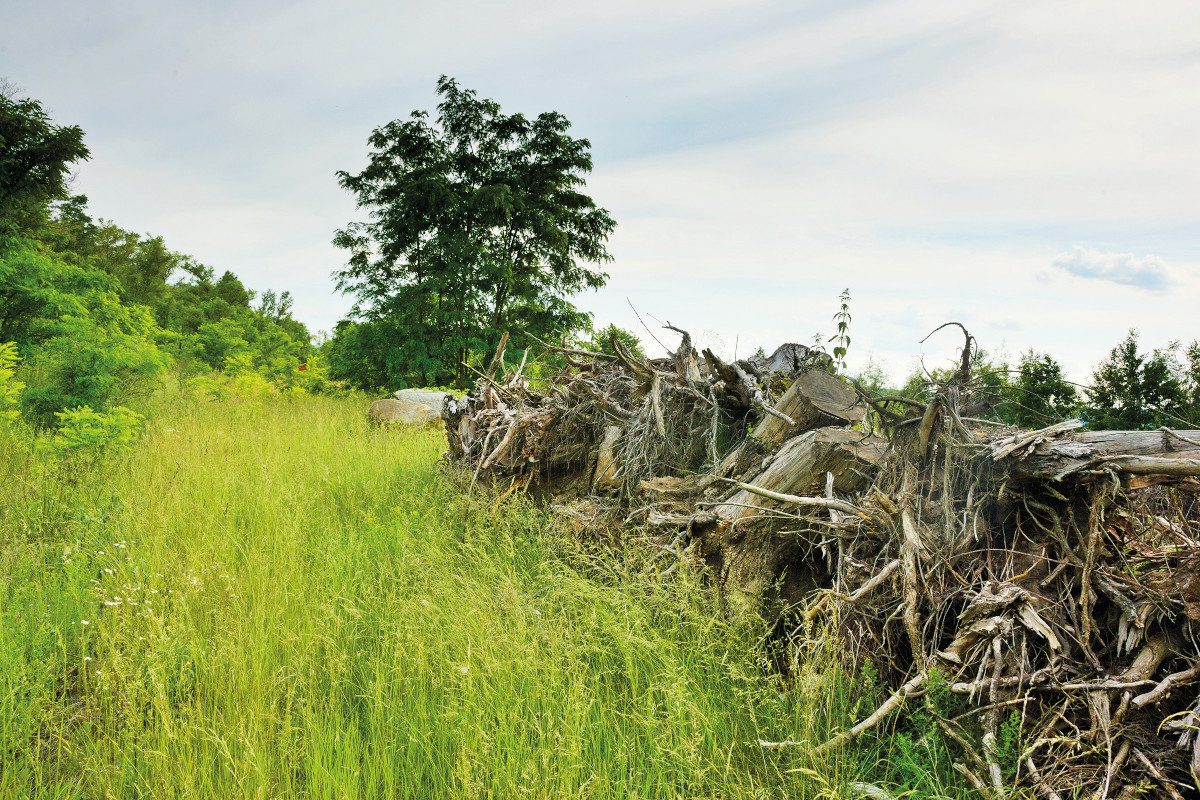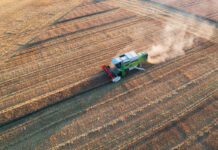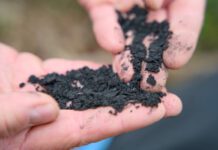
An international prize for scientific achievements relevant to forestry has been given to the developers of a system for producing textile fibres from waste wood.
The 2022 Marcus Wallenberg Prize went to Professor Ilkka Kilpeläinen and Professor Herbert Sixta for the development and use of novel ionic liquids to process wood biomass into high-performance textile fibres.
The future demand for textile fibres is growing due to global population growth. Production of cotton, the predominantly used cellulose fibre for textiles, is not expected to keep up with the demand. Therefore, man-made cellulose fibres would be an excellent complement for cotton as these fibres have similar properties.
The main processes to produce man-made cellulose textile fibres are the viscose process, where cellulose is solubilized using alkali and carbon disulphide and the Lyocell process, where N-methylmorpholine-N-oxide (NMMO) is used to dissolve cellulose. The viscose process has, however, become environmentally controversial due to the use of toxic carbon disulphide as the main reagent. The Lyocell process on the other hand is hampered by the instability of the NMMO.
These challenges have led to extensive research on different solvent systems for cellulose to produce regenerated cellulose fibres. Ionic liquids have gained interest as green alternatives for organic solvents in different processes. Ionic liquids are salts that can be melted below 100oC and have unique properties including low vapour pressure, high thermal stability, and high dissolving capability of different organic and inorganic substances.
Man-made cellulose fibres from wood with high technical quality have been developed by two research teams in Finland, at the University of Helsinki and at the Aalto University. In this concept, the design and use of novel superbase ionic liquids to process wood pulp into high-performance textile fibres was developed and currently tested for scaling-up. The team led by Prof. Kilpeläinen at the University of Helsinki developed superbase ionic liquid solvents for dissolution of wood biomass e.g. bleached or unbleached pulp or recycled cellulose pulp. Prof. Sixta and his team, at the Aalto University, developed the ionic liquid-based fibre shaping process based on dry-jet wet spinning.
“This unique collaboration has resulted in novel sustainable concept of textile fibre production from wood. The innovation is expected to result in a large range of new product and business opportunities for the forest industry”, says Johanna Buchert, Chairperson of the Marcus Wallenberg Prize Selection Committee.
The Marcus Wallenberg Prize 2022 will be presented by HM the King of Sweden to Professor Ilkka Kilpeläinen and Professor Herbert Sixta at a ceremony in Stockholm in October this year.







